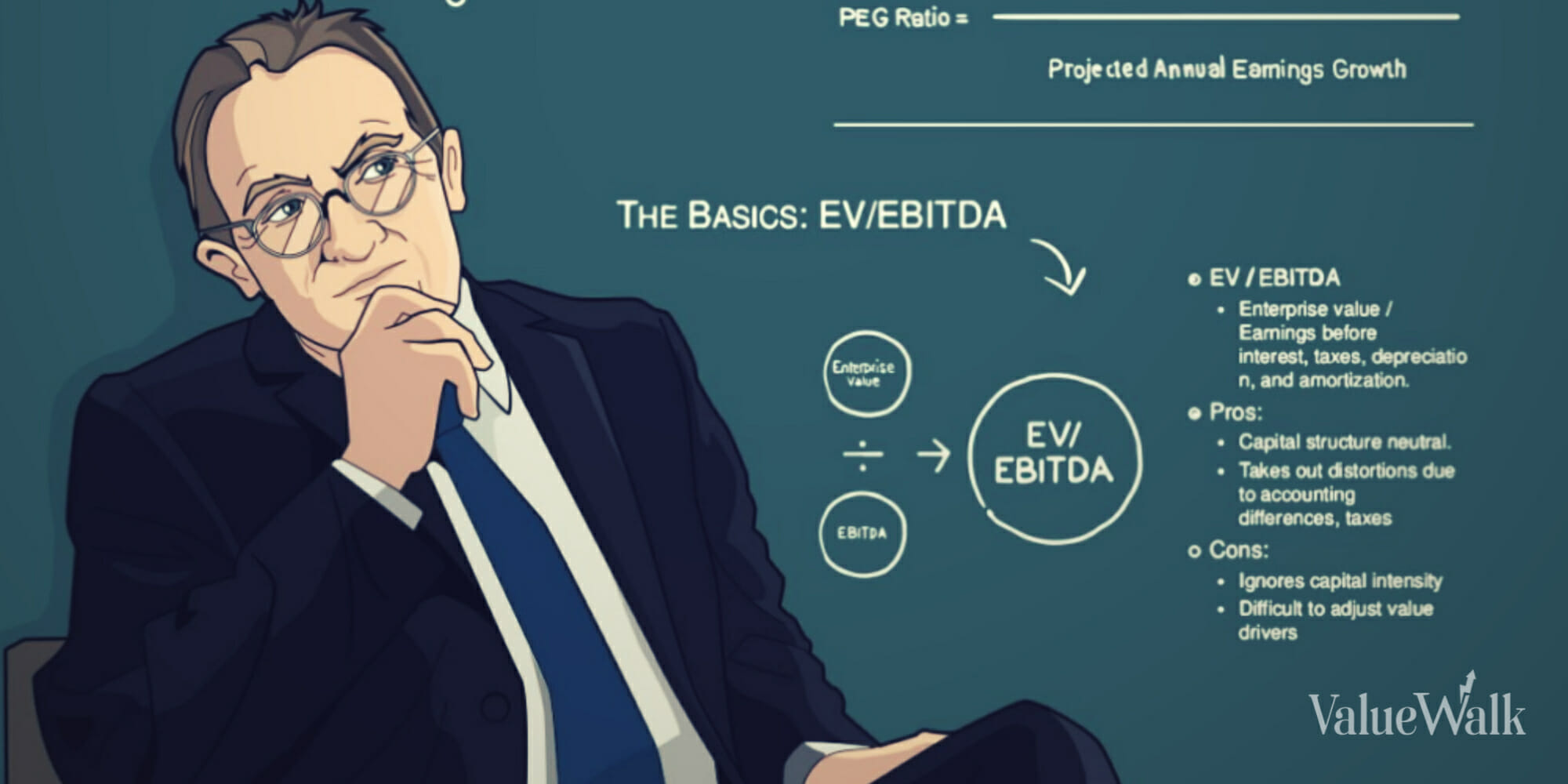Did you know that Marks made only five call over his 50-year career?
Billionaire investor Howard Marks is famous for many things, but here’s a fact that may surprise even his most devoted followers.
Over his 50-year, ultra-successful career in money management, he made only five calls.
You read that right. Marks, whose net worth is $2.2 billion as of 2022, made less than half a dozen calls to build the lion’s share of his clients’ fortune.
Although the number of his calls was startlingly low, their significance was not.
These were monumental predictions, like anticipating the burst of the dot-com bubble, the U.S. housing market crash—as well as calling the Covid rally.
And these weren’t five random predictions.
As Marks revealed in Oaktree’s latest memo, he employs a particular and defined strategy for his calls. Here are five market cues Marks leveraged when he made them.
Look For Patterns
“Study market history in order to better understand the implications of today’s events,” Marks says.
While making decisions based on past performance does not guarantee future results, he believes it’s important to study historical movements to help understand current market influences.
Over time, Marks argues, market cycles begin to form a predictable pattern that can inform investment decisions.
His “pattern recognition,” however, wasn’t developed overnight. Far from it. The first of his five famous market calls didn’t occur until more than three decades into his career.
Take Advantage Of Extremes
There are two opposing extremes in sentiment Marks looks for: optimism and pessimism.
When market participants are too optimistic and believe stock prices will continue to climb, Marks views this as a red flag that a correction could be looming.
“When the herd’s thinking is either Pollyannaish or apocalyptic, the odds increase that the current price level and direction are unsustainable,” Marks says.
At the same time, Marks keeps an eye out for when investors are overly pessimistic. It often means they expect prices to decline further and will likely unload shares before conditions worsen.
“When everyone believes something is risky, their unwillingness to buy usually reduces its price to the point where it’s not risky at all,” he writes.
Put another way, Marks is likelier to sell shares when the market is jubilant and buy shares when others are defeatist.
Bet On Reversion To The Mean
For Marks, cycles originate from “excesses and corrections.”
A correction will likely follow a hard and fast movement in one direction or another. A pullback will follow a rally, and a recovery will follow a slump.
In finance, it’s often called “reversion to the mean.” This is a fancy way of saying that a stock’s price will usually converge to the average price over time.
“Understand that cycles stem from what I call “excesses and corrections” and that a strong movement in one direction is more likely to be followed—sooner or later—by a correction in the opposite direction than by a trend that ‘grows to the sky,’” Marks says.
In other words, there’s a limit to how much relative outperformance or underperformance a stock will experience before it changes course.
One way or another, at some point, fortunes will reverse.
Don’t Be A Persistent Contrarian
While Marks believes it can be lucrative to take a contrarian position when momentum is too far in one direction, he cautions against becoming a perpetual contrarian.
Marks would tell you that most of the time, the consensus sentiment is actually correct.
“Indeed, most of the time, the consensus is as close to right as most individuals can get. So to be successful at contrarianism, you have to understand (a) what the herd is doing, (b) why it’s doing it, (c) what’s wrong with it, and (d) what should be done instead and why,” he writes
The “why” is critical. Marks’s predictions aren’t just luck; they are evidence-based. Marks can clearly tell you why he made a particular call.
Rein In Your Emotions
Marks also recommends resisting emotionality. “Stand apart from the crowd and its psychology; don’t join in!” he advises.
Having control over emotions comes in handy not only as a precautionary measure against foolish decisions—but also as a market assessment tool.
As Marks argues, it’s emotions that drive the financial world. “Much of what happens in economies and markets doesn’t result from a mechanical process, but from the to and fro of investors’ emotions. Take note of the swings and capitalize whenever possible.”
In fact, all of his five calls stemmed from either “overly negative prevailing psychology” or from excessive optimism.
Article by Jesse Oberoi, CFA – Creditnews





